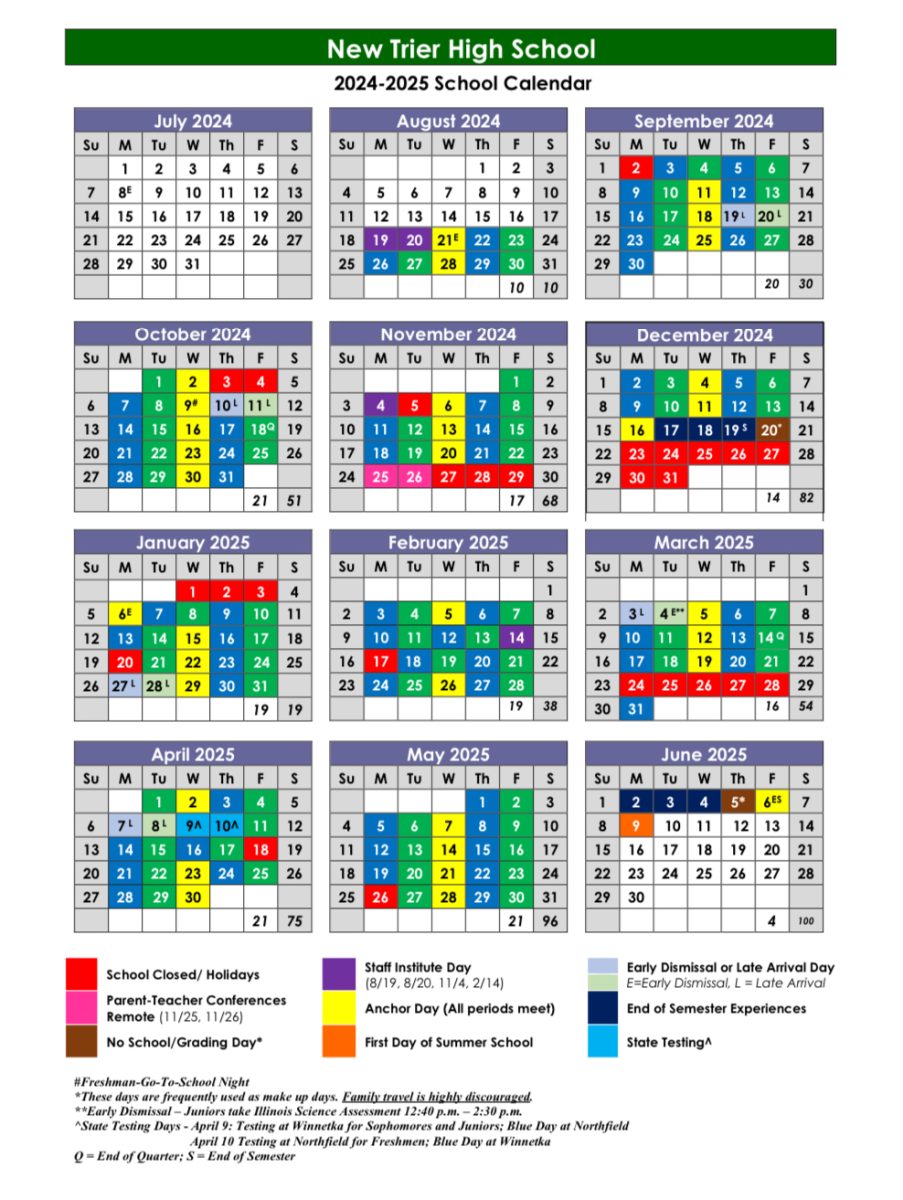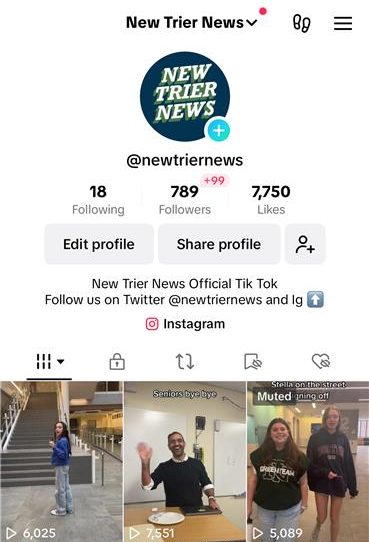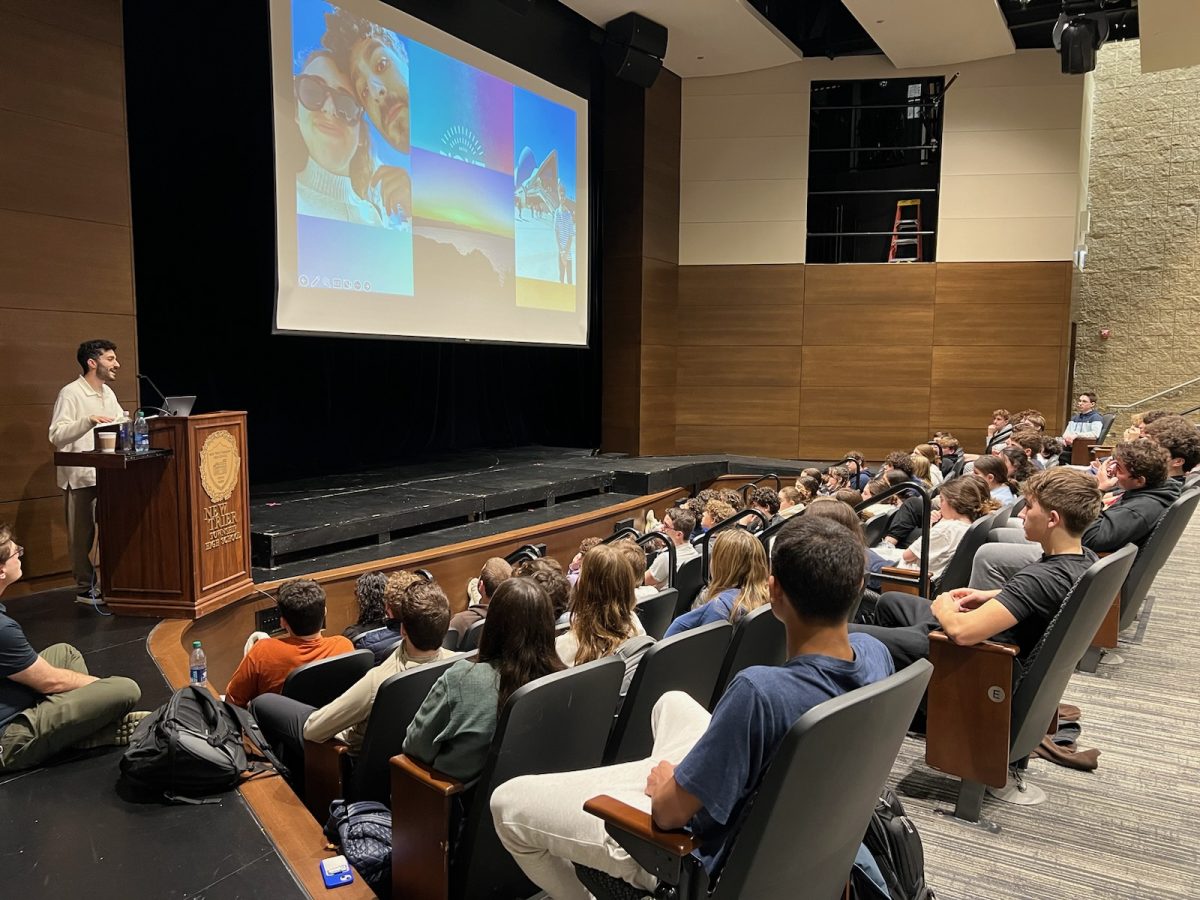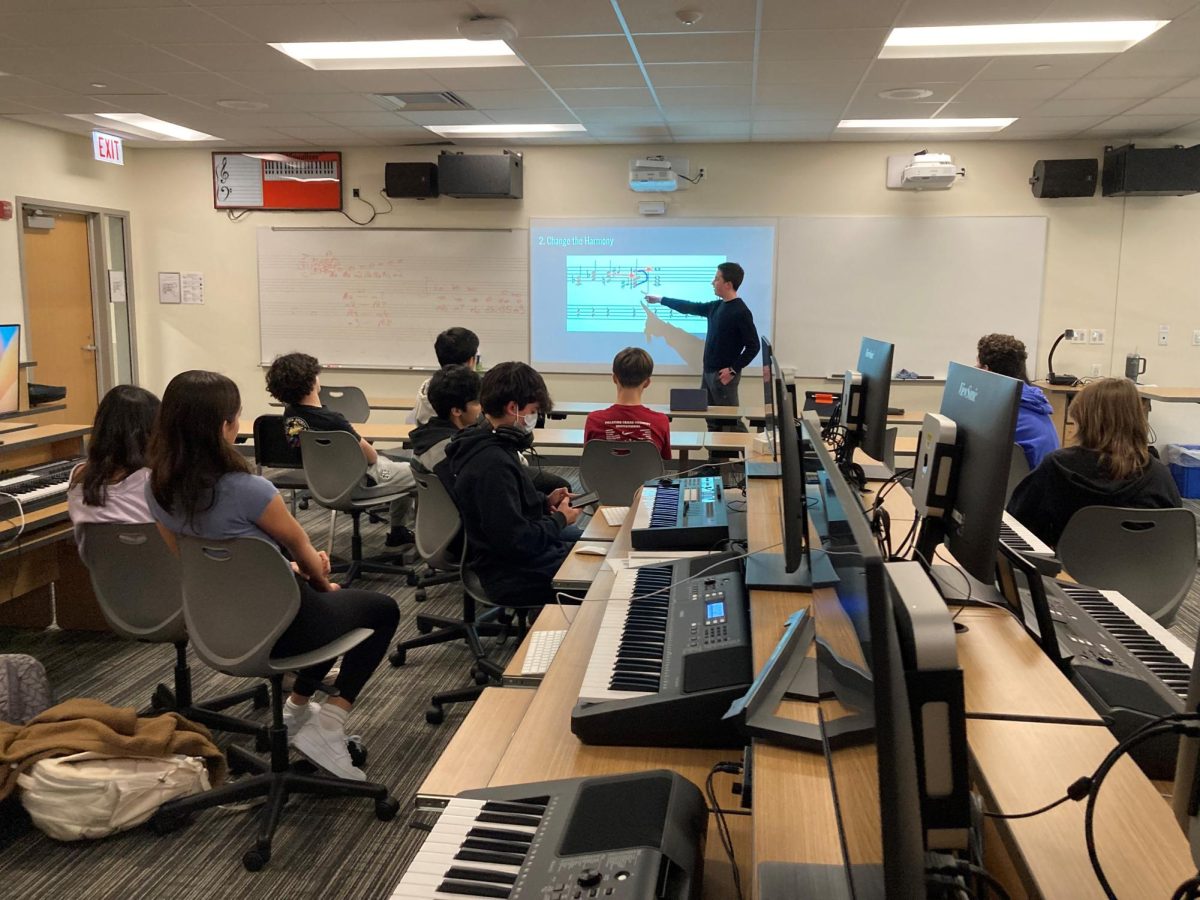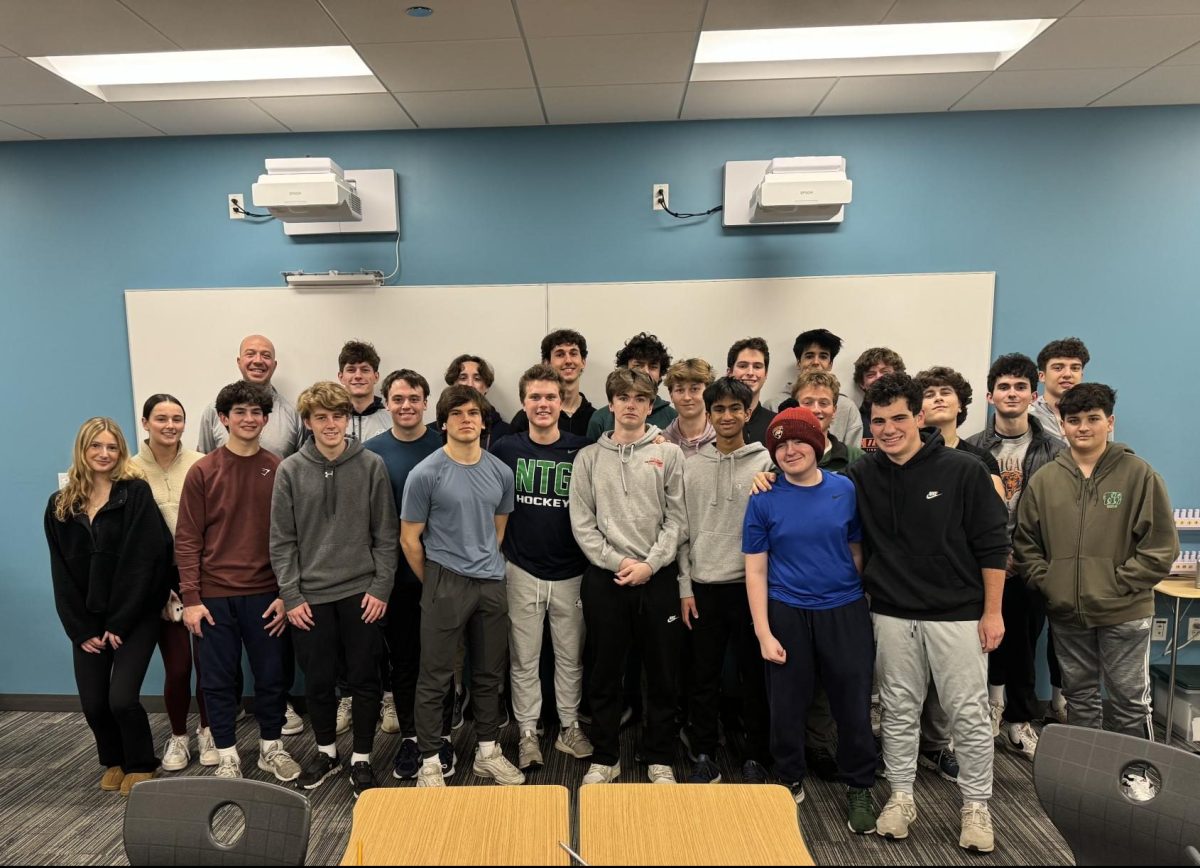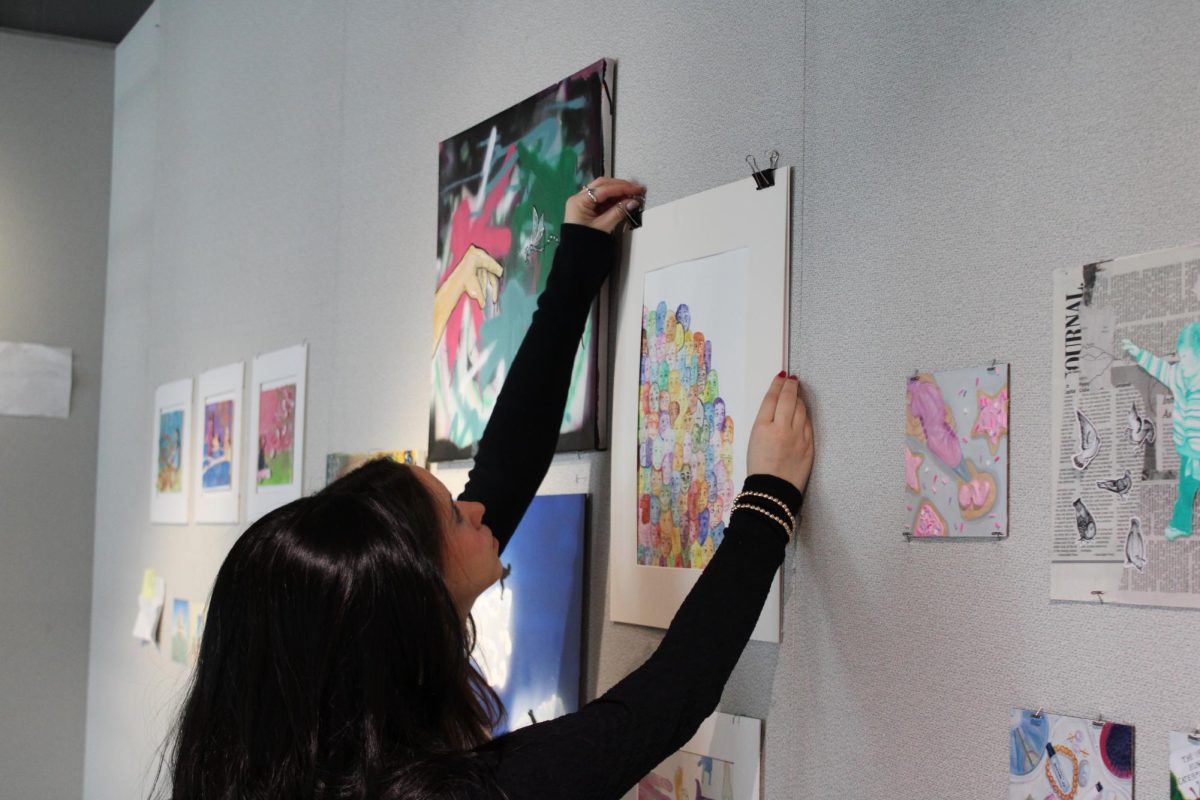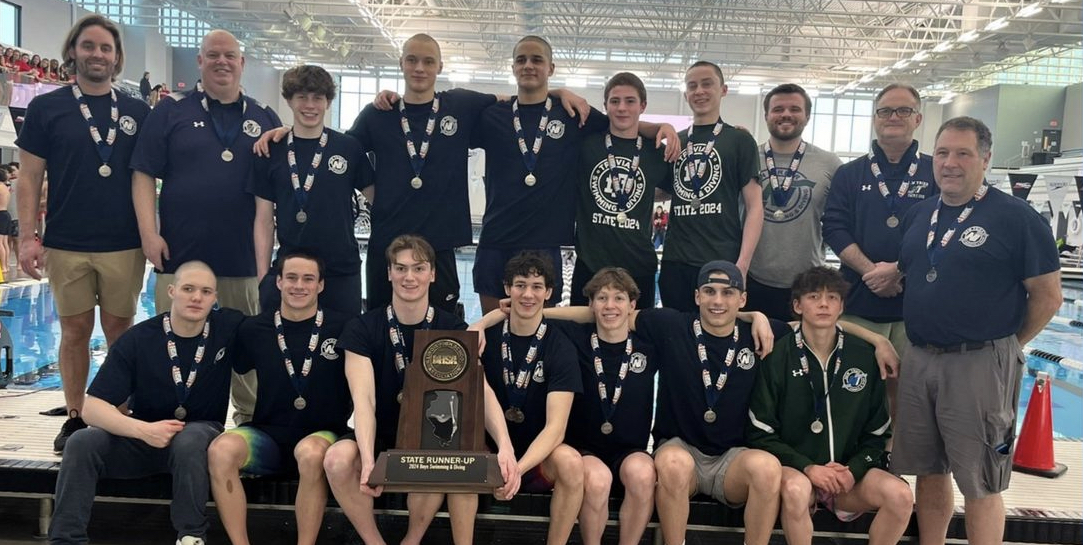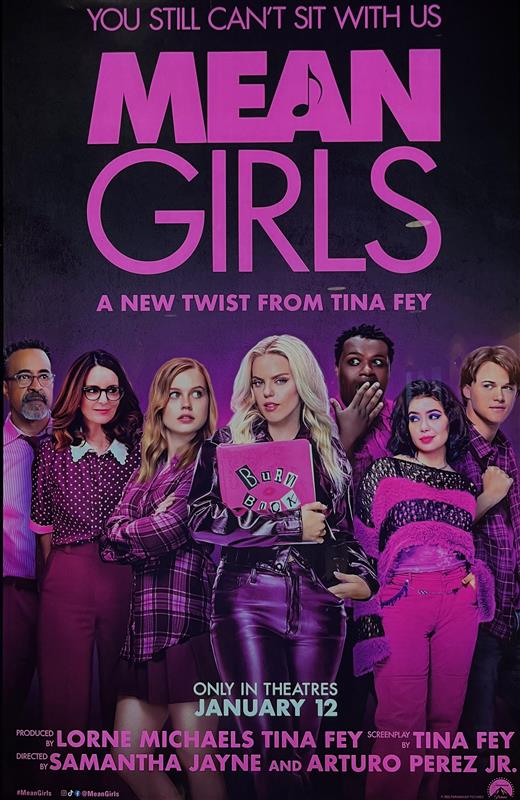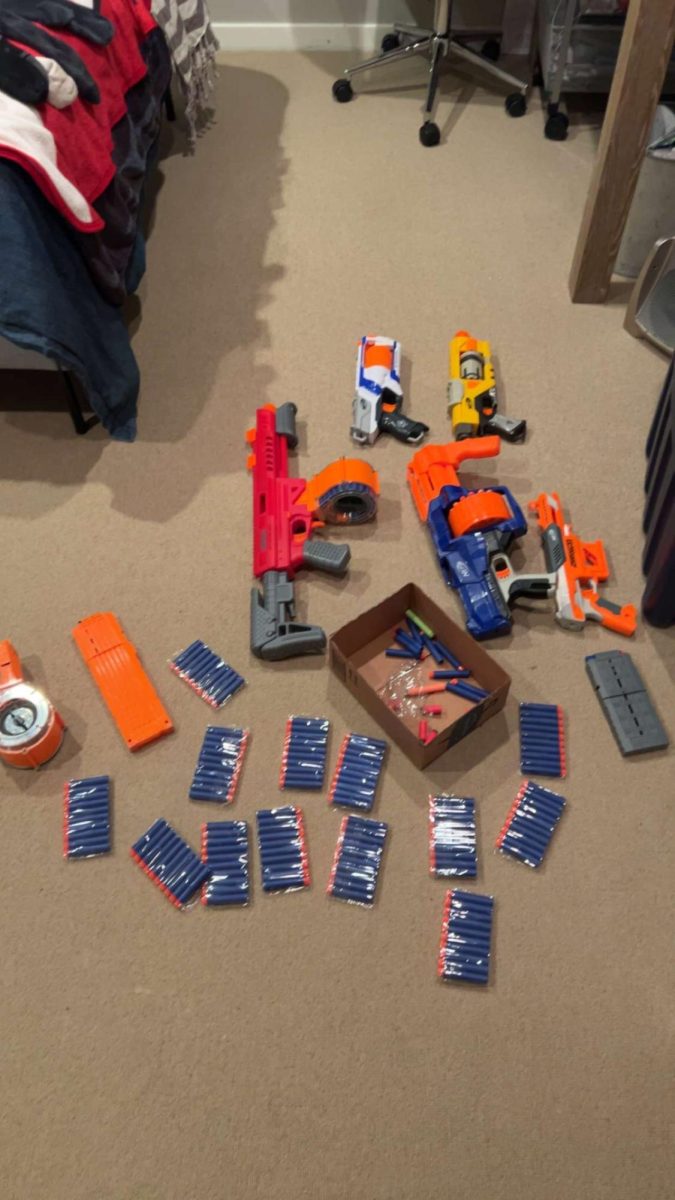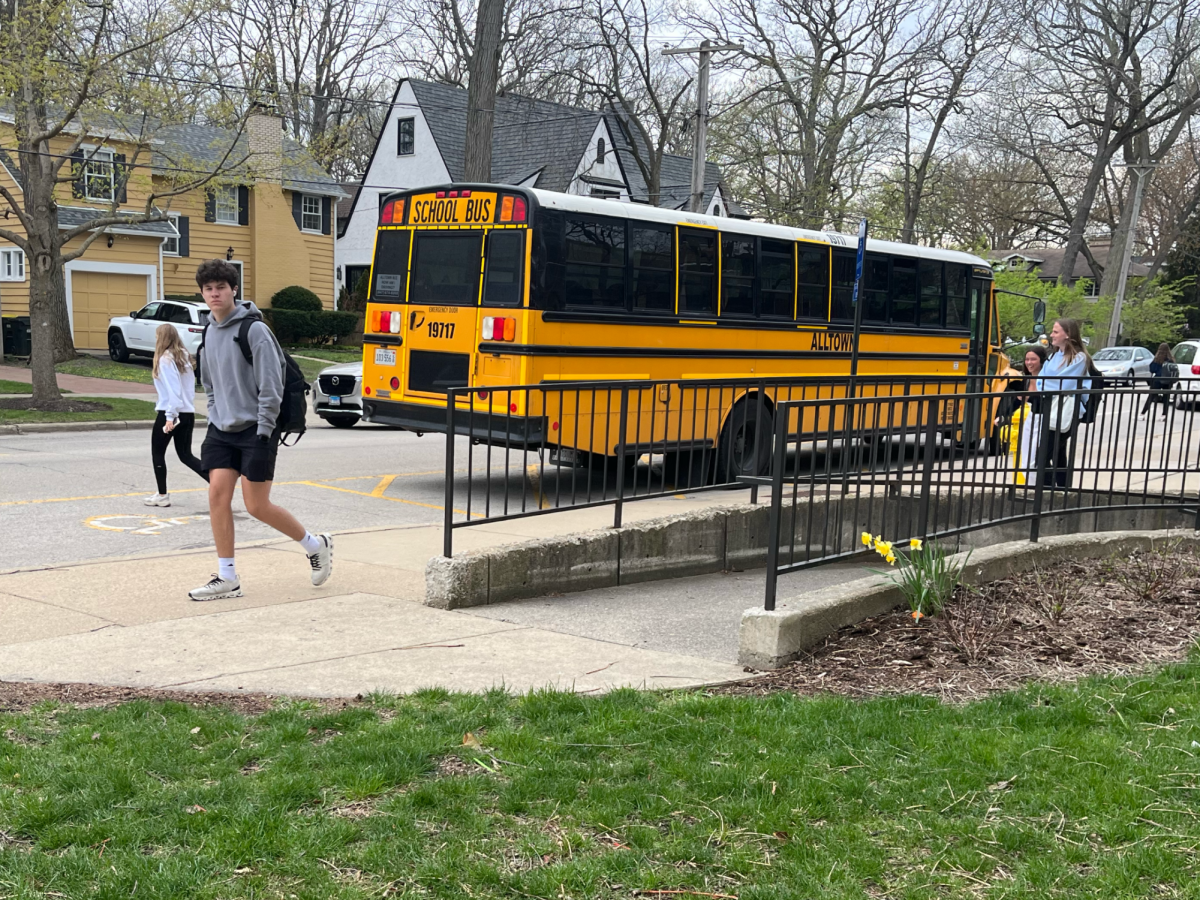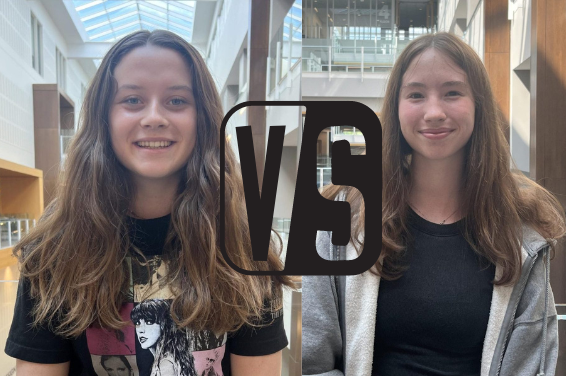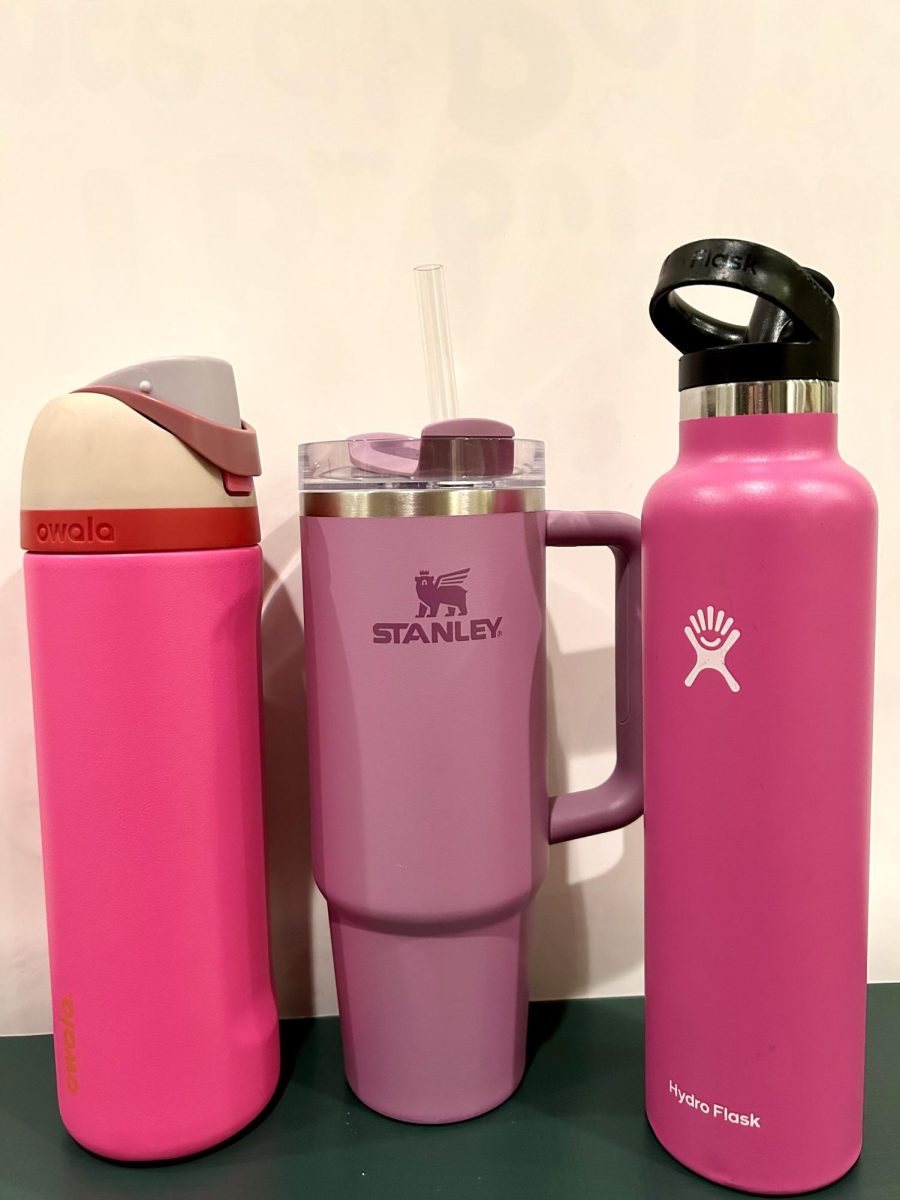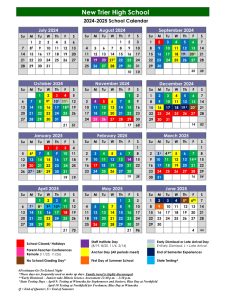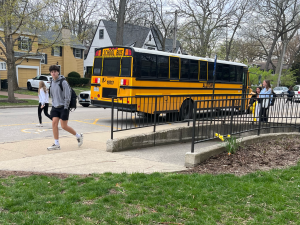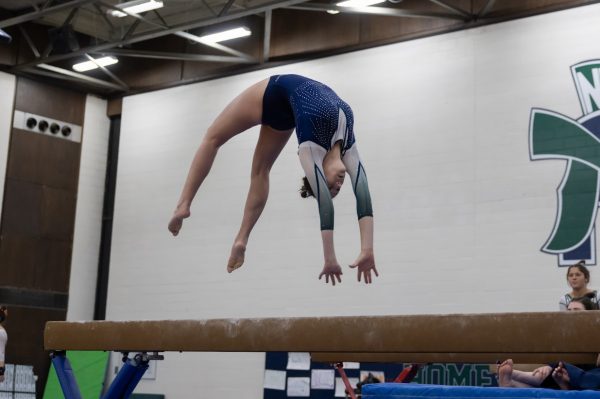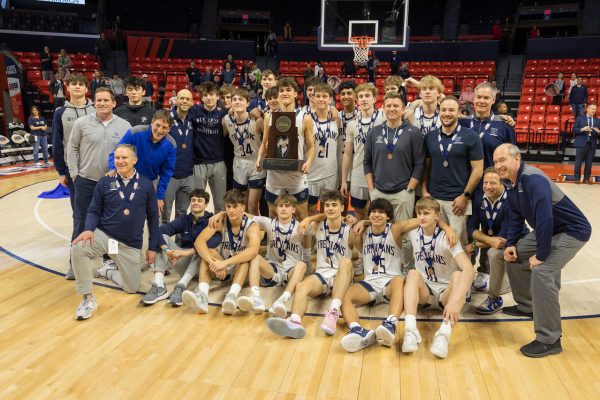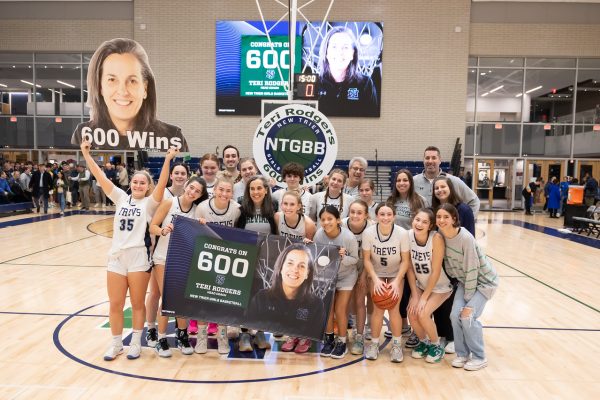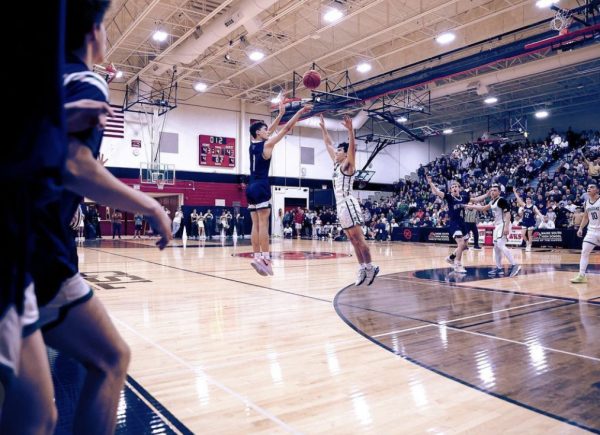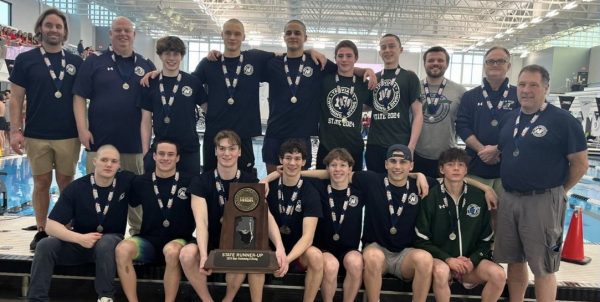Athletes can benefit from early commitment
Athletes start college process earlier but have less stress senior year
November 3, 2016
For high school seniors, first semester can be filled with a flurry of applications, college visits, and ACTs, yet many athletes have already committed to their schools of choice.
Does this short college application process seem too good to be true?
In a way, it is, as many athletes have been working towards their college goals since their high school careers had just begun.
Senior Niko Gjaja committed to Princeton University for volleyball last May. “It’s a process that takes a few years,” he said.
In fact, he began the recruitment process the spring of his sophomore year. “I sent out a skills tape and an initial email that spring to the schools I was interested in, but coaches can’t respond until junior year.”
Officially, college coaches can’t express interest until September 1st of the athlete’s junior year.
Early into his junior year, he began to hear back from coaches, who had been following his athletic progress.
“Even though they can’t reach out to you, they can come and watch big games, like nationals, and things like that,” he said.
Senior Lauren Johnson also committed to Princeton University for the crew team. A big recruitment step for her was visiting campuses. “Once I narrowed down my list of schools, I went to visit each of them. I got to stay with girls on the teams and go to places and classes just to get a feel for being a student athlete on campus,” she said.
She said that after visiting each campus, a follow-up call is usually made to the coach. That’s when athletes discuss their feelings on the schools.
Matt Kann, a senior who has committed to Franklin & Marshall College for baseball, said, “the more you talk to coaches, the more you express your interest. Eventually, they’ll let you know if they’re interested in you, too.”
Senior Maddie Cottingham, who committed to Cornell University for rowing, had a similar recruitment process. She began emailing coaches the summer after her sophomore year of high school.
“Emailing schools and getting in contact with them helped me see who was interested in me, but also which schools I wanted to keep pursuing,” she said.
Despite the long process, many athletes agreed that keeping a strong focus on athletics helped their college search.
“When I started looking at colleges, I knew that I wanted a school with a good rowing program and strong academics,” Cottingham said.
Once she began hearing back from schools about rowing, she said many of her academic choices were solidified.
“Rowing helped me decide that those were the schools that I really wanted to look at,” she said.
Gjaja’a search was also narrowed by athletics.
“There were only a few schools that had men’s division one volleyball, so it definitely narrowed my search. But volleyball and strong academic opportunities were always a priority for college for me,” he said.
Johnson agreed with Gjaja’s positive views of Princeton’s athletics. “Many of the Ivy’s have very competitive rowing programs and I knew that’s the type of level that I was looking for,” she said.
Now, despite the previous workload, many athletes are reaping the benefits of their hard work.
Meghan Minturn, who committed to Colgate University for field hockey, said, “I still had to do all of the college stuff, but I did it earlier, so now it takes a load off.” While she has to keep her grades up, she can relax and enjoy her senior year.
Gjaja has also enjoyed the benefits of earlier commitment. “Now I only have one application that I have to complete and it really is a stress reliever.”
He isn’t facing the same stressful months of December and January that the rest of the senior class is anticipating.
“I only have to focus on one application,” Cottingham said, attributing this luxury to her early commitment.
Yet, Cottingham also anticipates the difficulties of rowing at Cornell University.
“It’s definitely going to be a lot different than in high school. It’s a big commitment that I’m making,” she said.
Minturn also anticipated the change in pace.
“I’m going to a Division I school, which will be a lot more amped up. High school athletics are competitive, but not to the same extent,” she said.
Despite the challenges that they may face, all of the athletes are excited about their next four years of school. According to Johnson, it will help with many aspects of her life.
“It gives a good community to start out with because you go in knowing a lot of people. You’re spending most of your time with them.”
Furthermore, she said that the consistent values and expectations of the rowing team will give her a sense of structure in her life.
Kann agreed that there are many benefits, especially when it comes to time. “It’ll give me something to do. There’s a lot of free time in college, so instead of just sitting around, I’ll be playing baseball and working out,” he said.
Despite the difficulties she may face, Minturn is excited for the road ahead.
“There wasn’t a time when I wasn’t planning on playing field hockey. I like being in a sport and being on a team,” she said.

